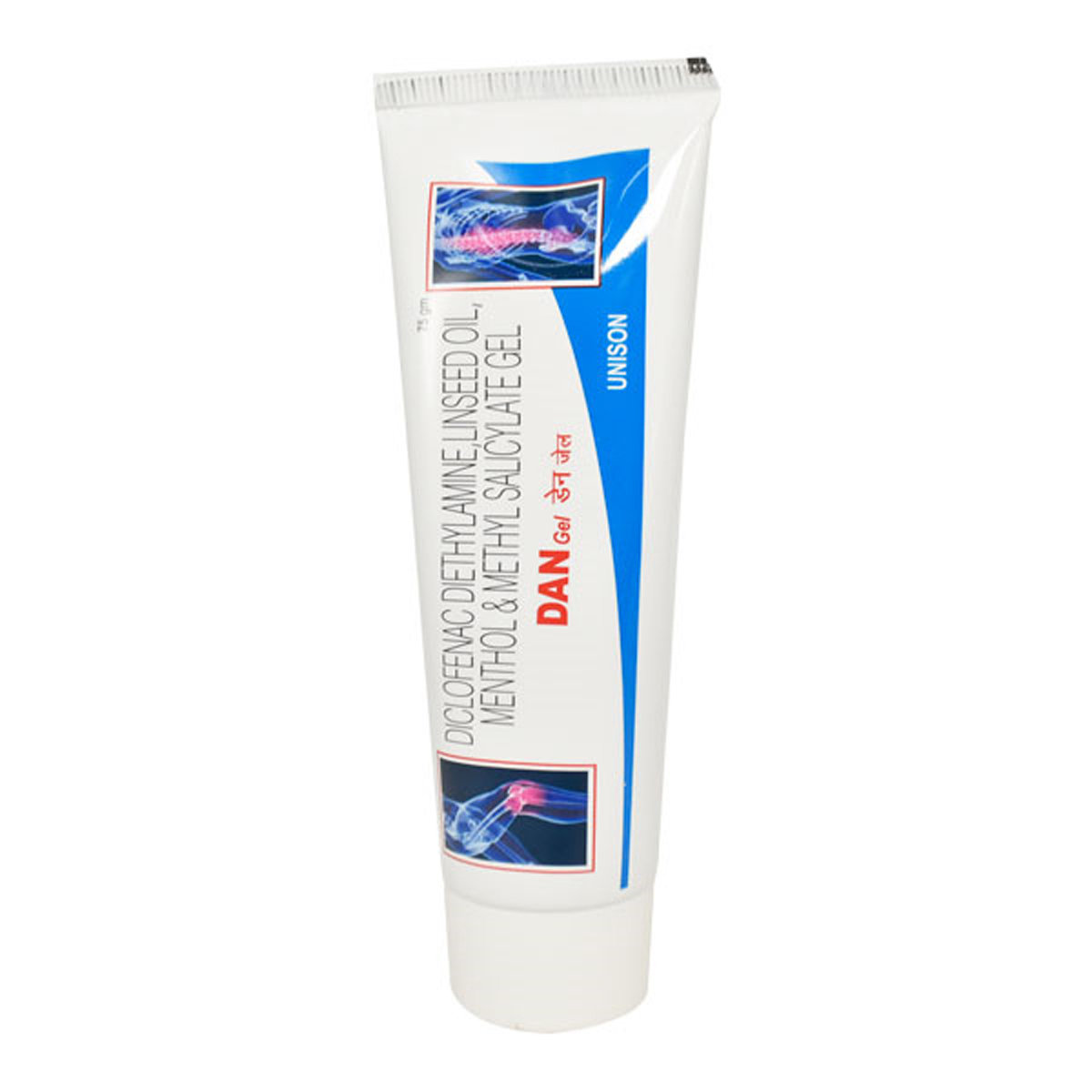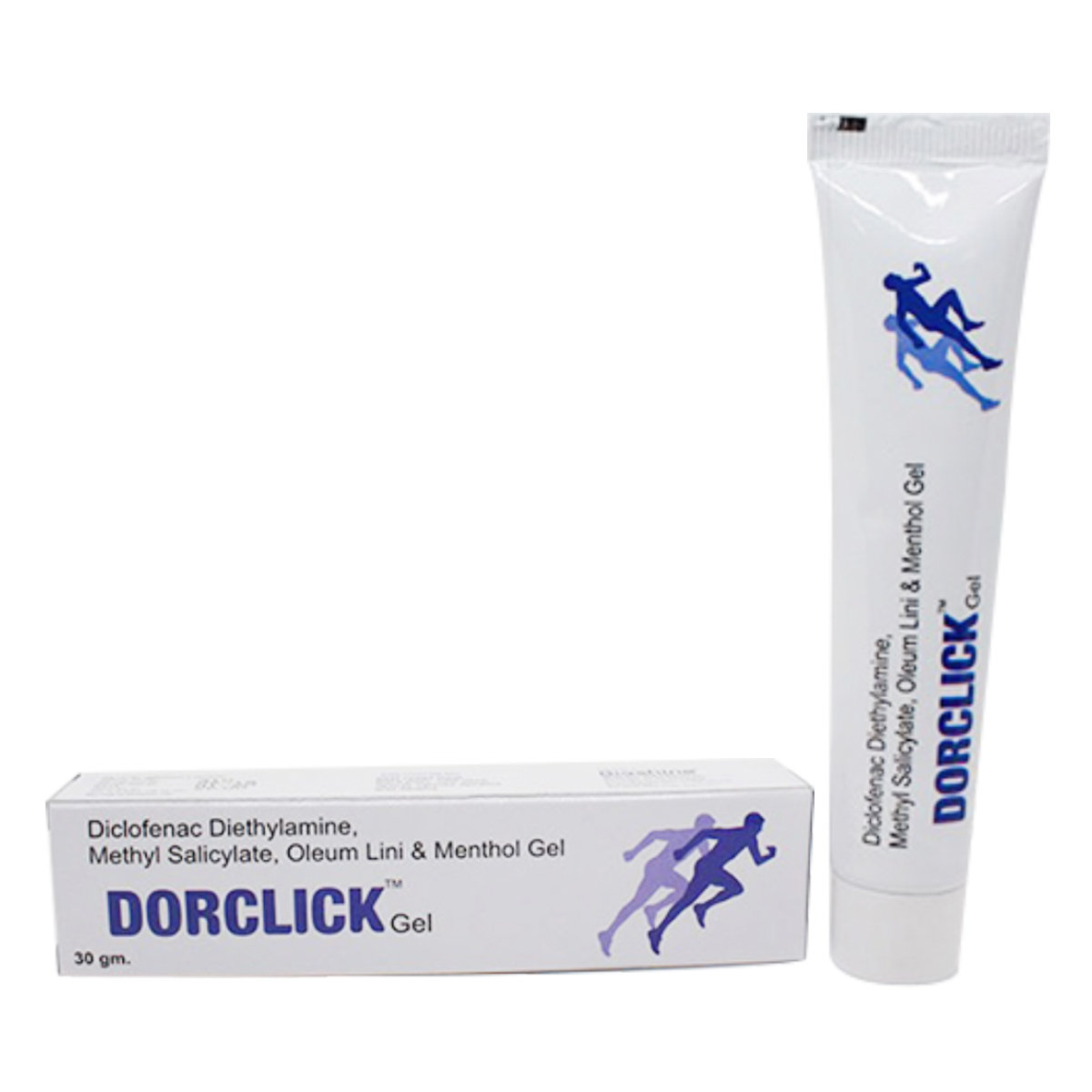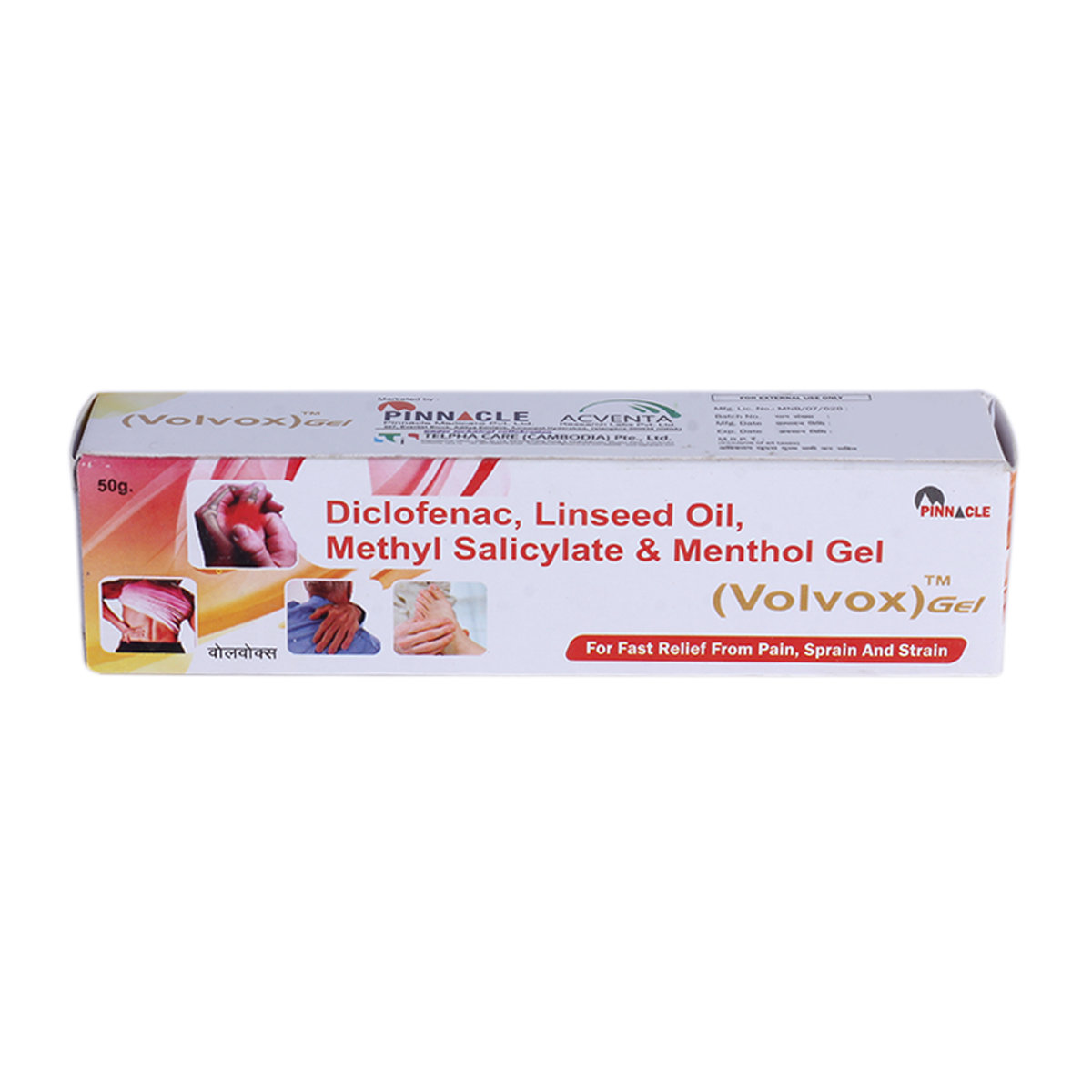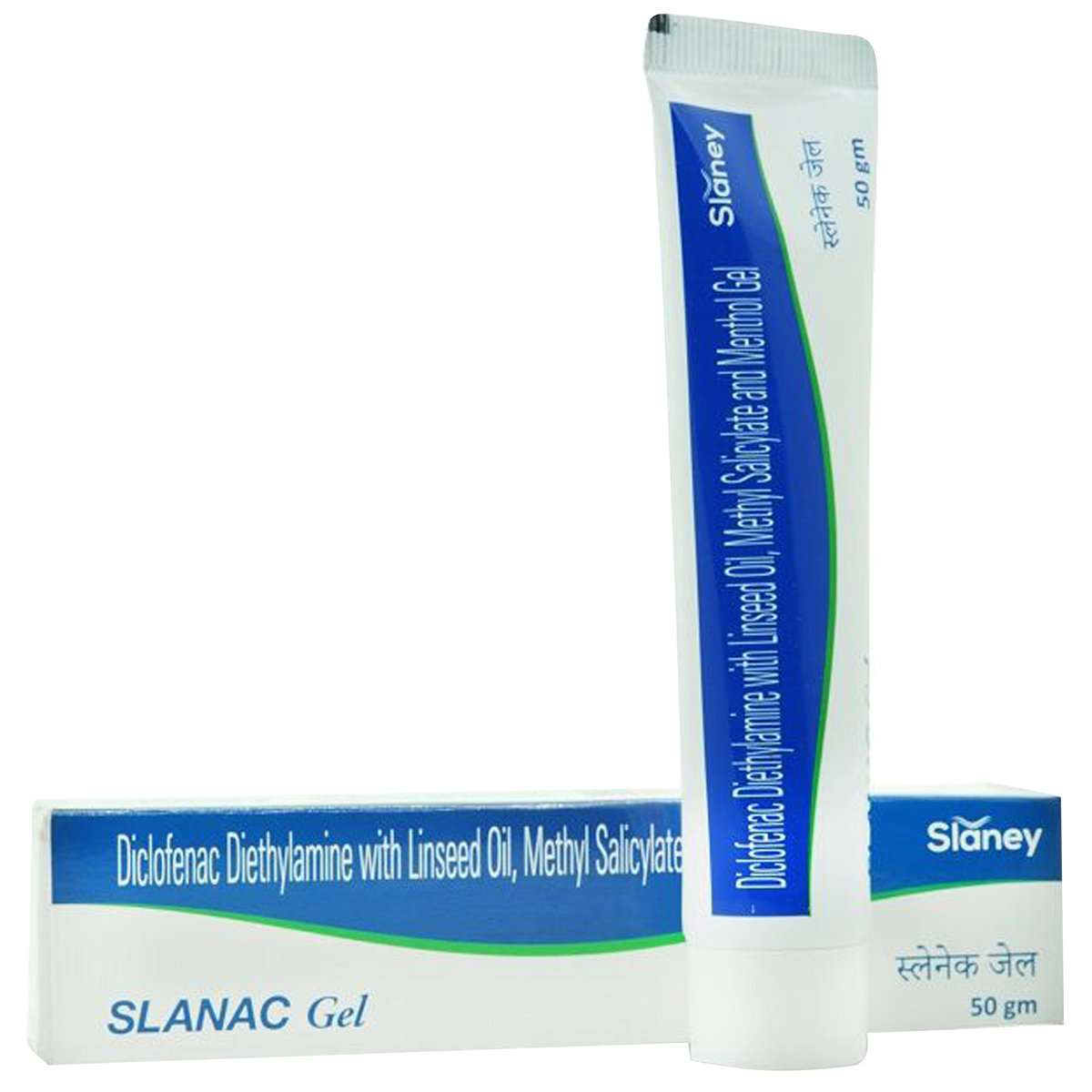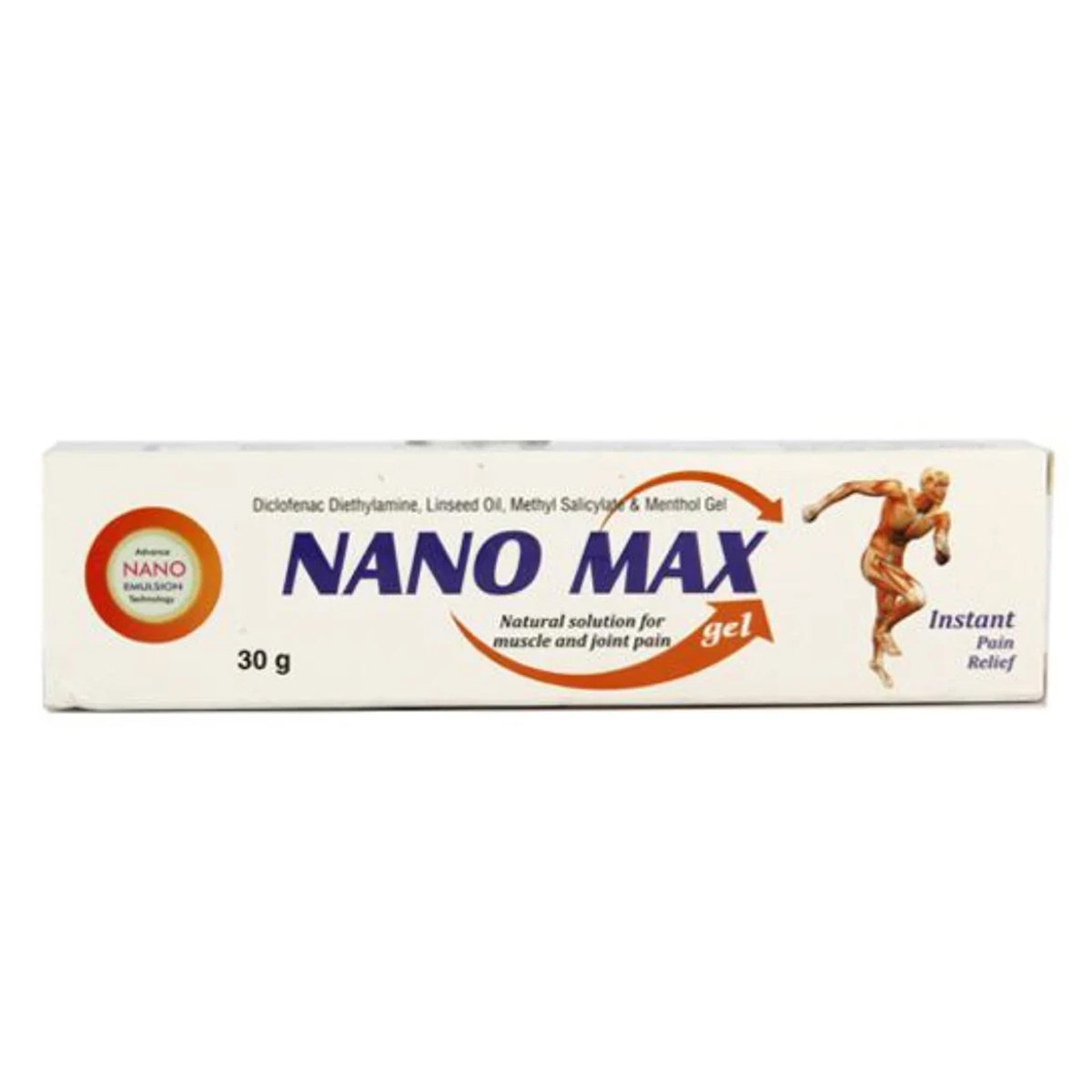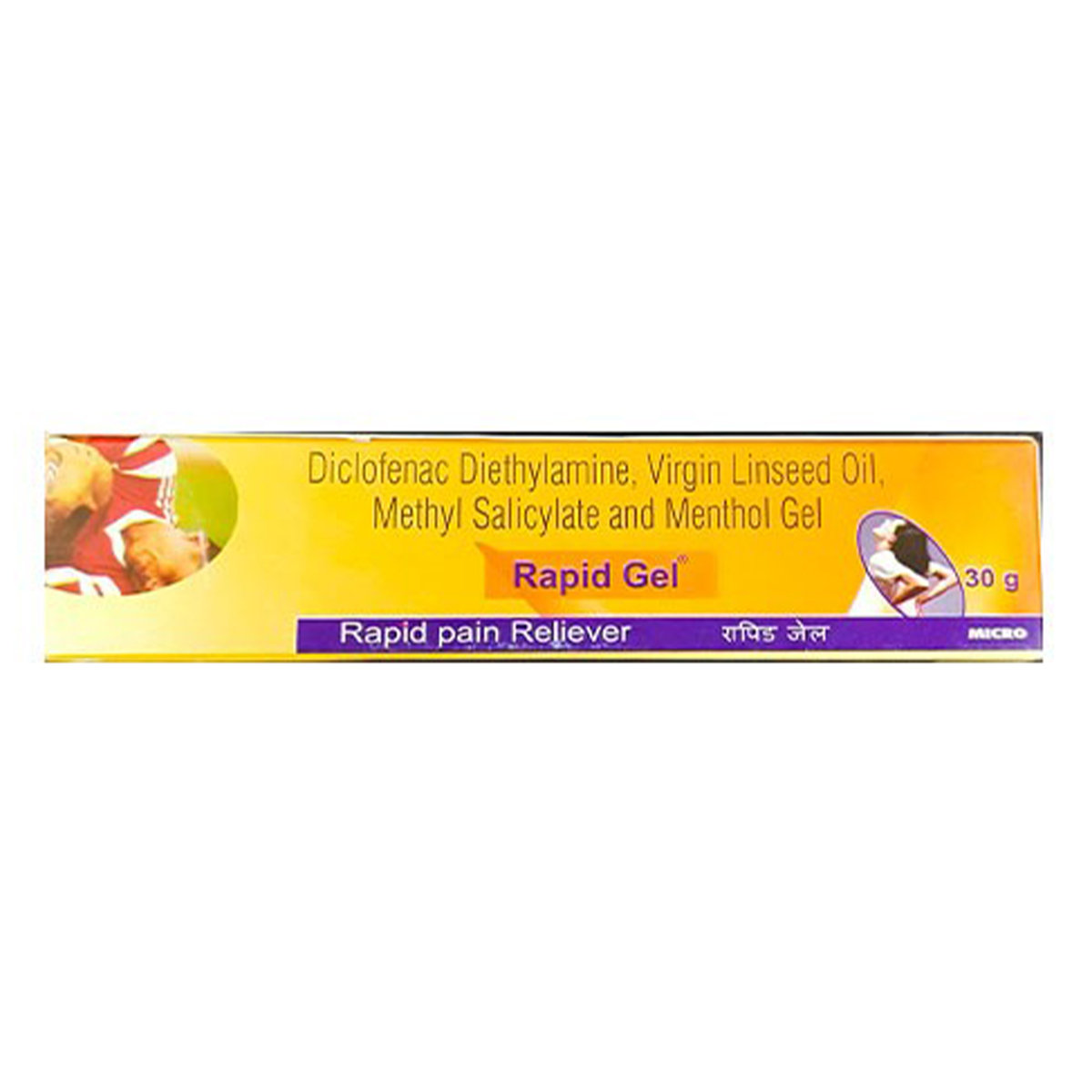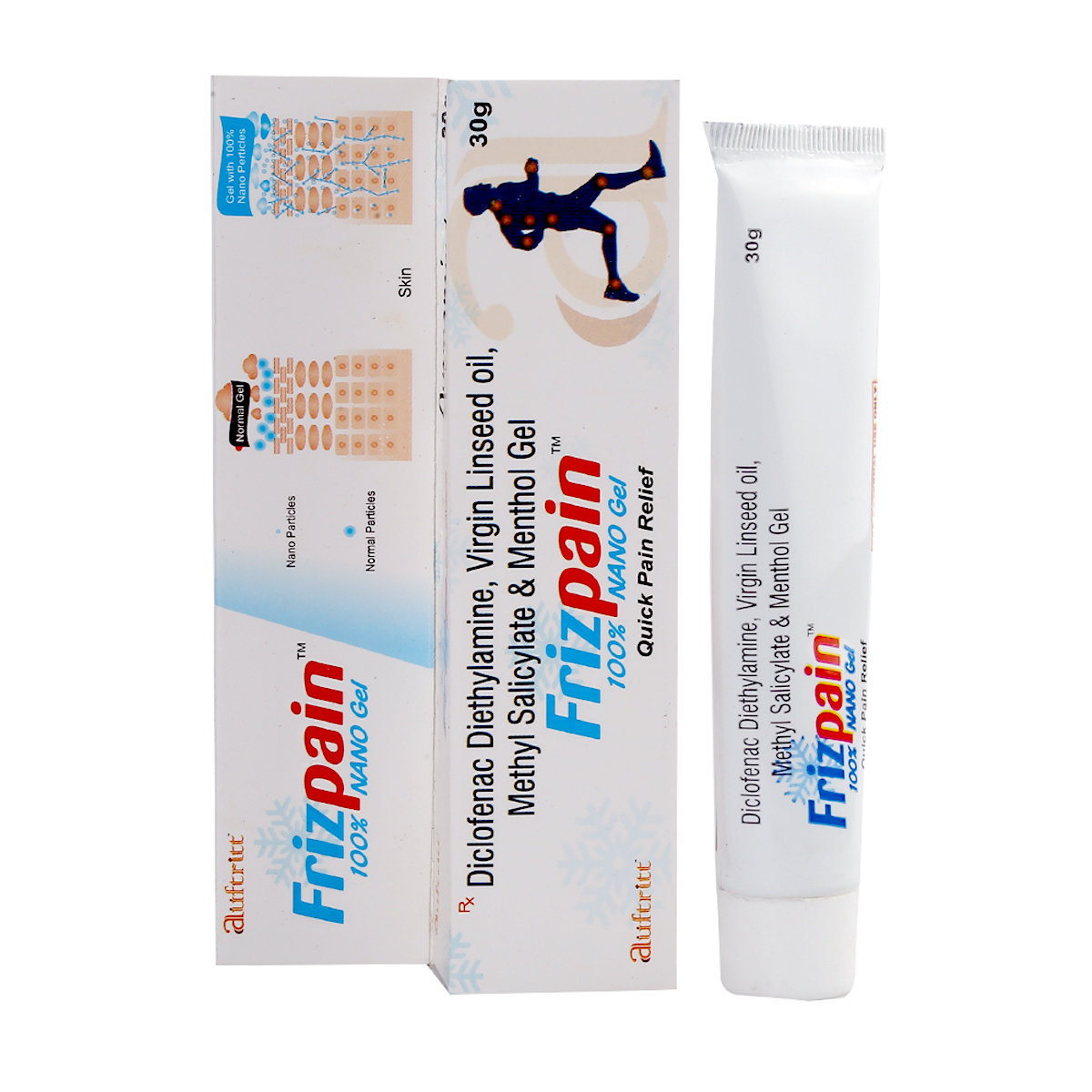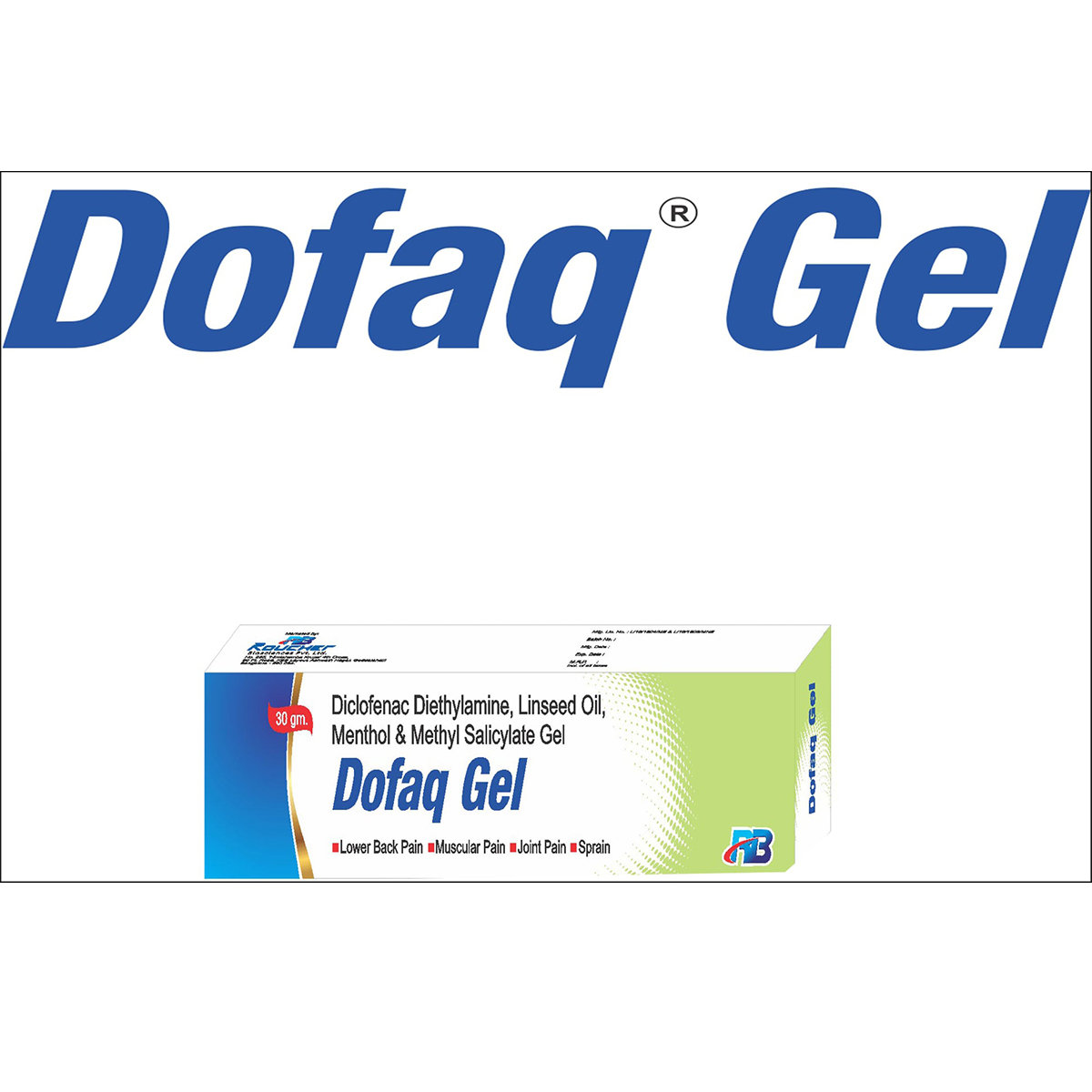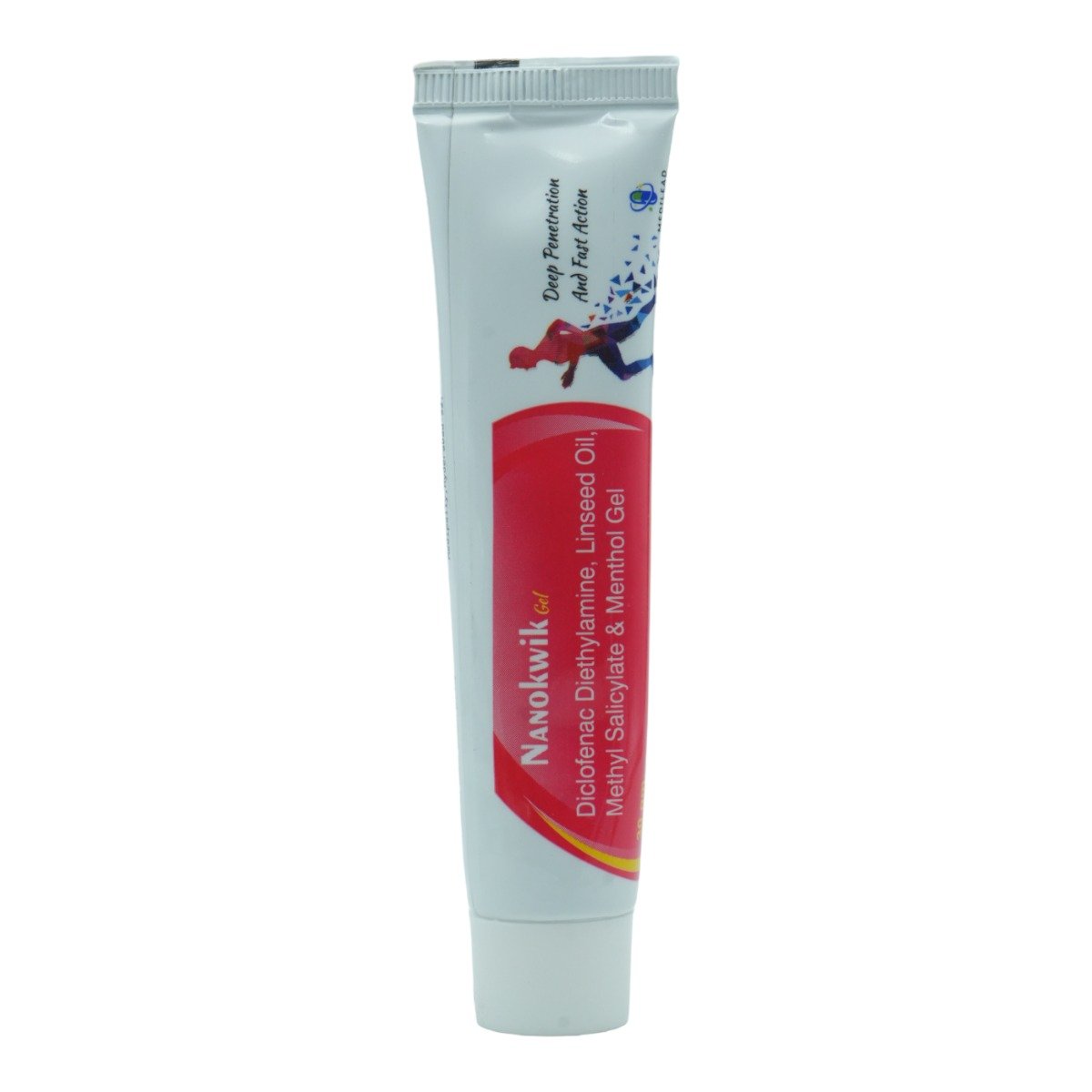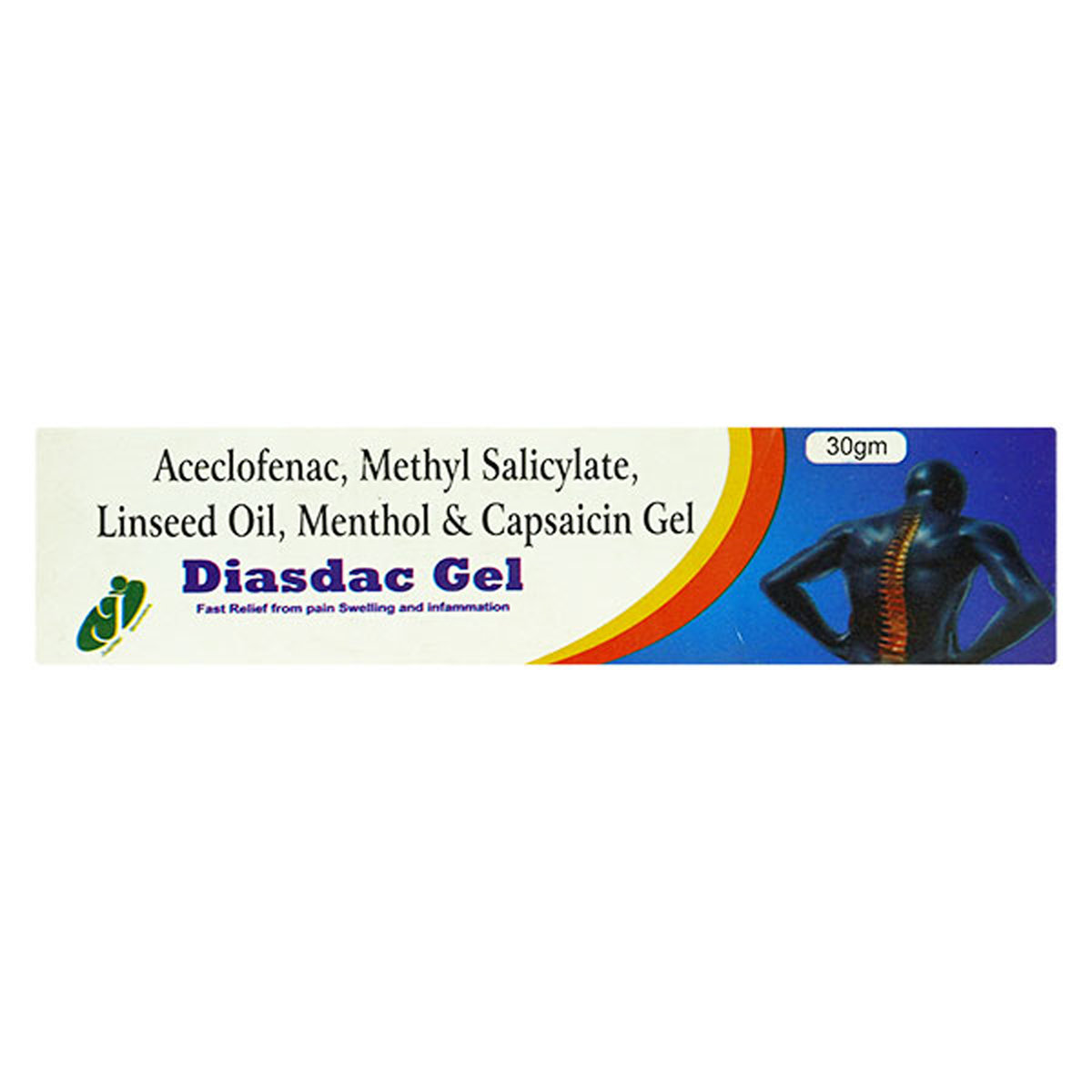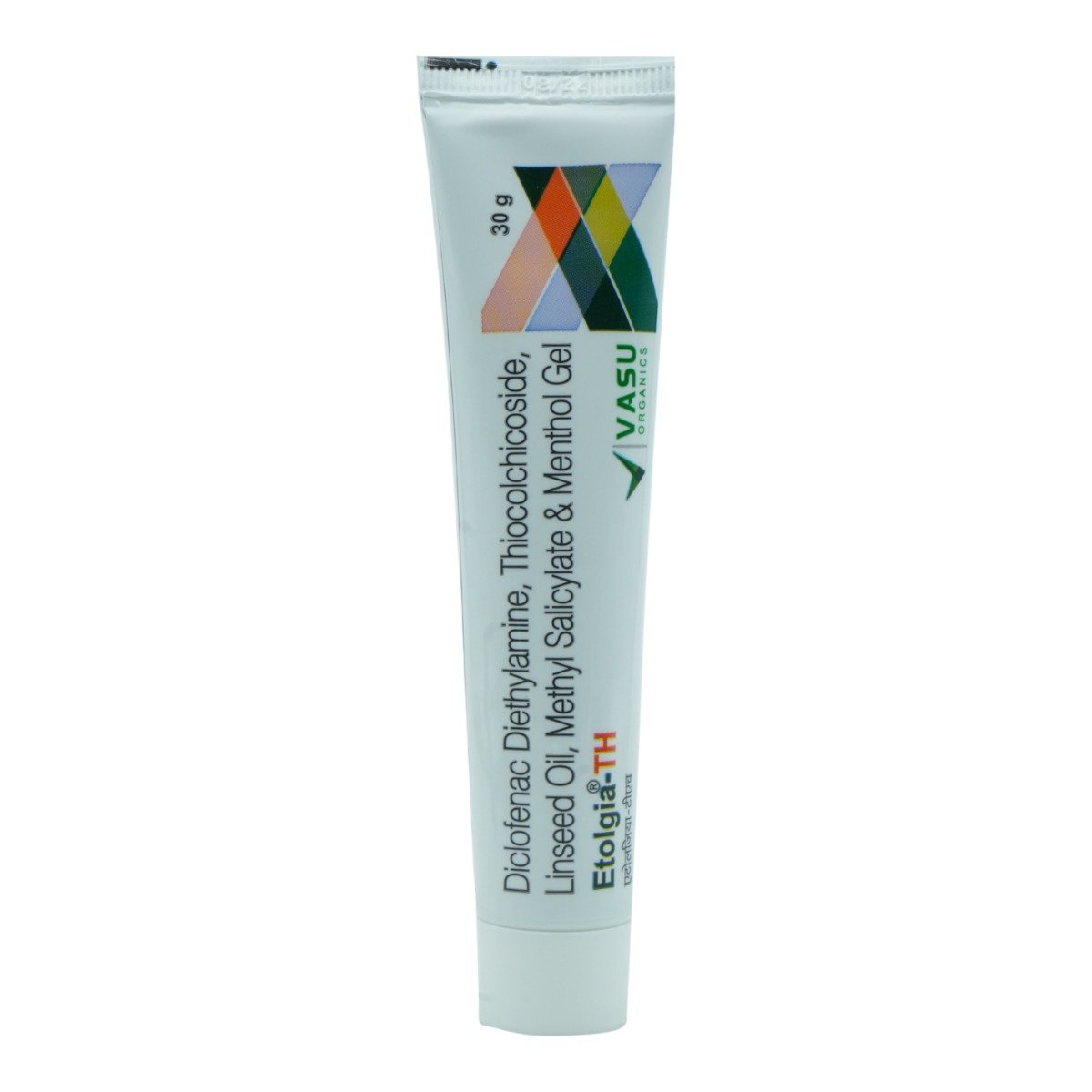- Home
- Unijoint Pain Gel
Unijoint Pain Gel Substitute
Unijoint Pain Gel Substitute
Medicine Composition:
DICLOFENAC-1%W/W + LINSEED OIL-3%W/W + MENTHOL-5%W/W + METHYL SALICYLATE-10%W/WAll Substitutes & Brand Comparisons
RX
Dan Gel 75 gm
Unison Pharmaceuticals Pvt Ltd
₹131
(₹1.57/ 1gm)
53% CHEAPERRX
Dorclick Gel 30 gm
Bioshine Healthcare Pvt Ltd
₹84
(₹2.52/ 1gm)
24% CHEAPERRX
Volvox Gel 50gm
Pinnacle Biomed Pvt Ltd
₹145
(₹2.61/ 1gm)
22% CHEAPERRX
Slanac Gel 50 gm
Slaney Healthcare
₹161
(₹2.9/ 1gm)
13% CHEAPERRX
Nanomax Gel 30 gm
DR Johns Lab Pharma Pvt Ltd
₹97.5
(₹2.93/ 1gm)
12% CHEAPERRX
Rapid Gel 30 gm
Micro Labs Ltd
₹125
(₹3.75/ 1gm)
11% COSTLIERRX
Dynora Gel 30 gm
Daris Biocare
₹129
(₹3.87/ 1gm)
15% COSTLIERRX
Frizpain Nano Gel 30 gm
Auftritt Healthcare Pvt Ltd
₹131
(₹3.93/ 1gm)
17% COSTLIERRX
Muscoflex Gel 30gm
Ind-Swift Ltd
₹133
(₹3.99/ 1gm)
19% COSTLIERRX
Dofaq 30Gm Gel
Roucher Biosciences Pvt Ltd
₹143
(₹4.29/ 1gm)
28% COSTLIERRX
Nano-Plus Gel 30Gm
Medilab India
₹149
(₹4.47/ 1gm)
33% COSTLIERRX
Nanokwik Gel 30 gm
Medilead Pharmaceuticals
₹150
(₹4.5/ 1gm)
34% COSTLIERRX
Diasdac Gel 30 gm
Jupiter Life Sciences Pvt Ltd
₹177
(₹5.31/ 1gm)
58% COSTLIERRX
Dicomet Gel 30 gm
Radhe Medtech Pvt Ltd
₹196.5
(₹5.9/ 1gm)
76% COSTLIERRX
Etolgia-TH Gel 30 gm
Vasu Organics Pvt Ltd
₹237.5
(₹7.13/ 1gm)
112% COSTLIER

When Should You Consider Switching from Unijoint Pain Gel?
Patients may explore substitutes in the following scenarios:
- High monthly cost of Unijoint Pain Gel
- Non-availability in local pharmacies
- Generic recommendation by a doctor
- Side effects or better tolerability with alternatives
What to Know Before Switching
Before you switch from Unijoint Pain Gel to another medicine, here are some important points to keep in mind:
Same salt, different brands:
Most substitutes contain the same active ingredient - DICLOFENAC-1%W/W + LINSEED OIL-3%W/W + MENTHOL-5%W/W + METHYL SALICYLATE-10%W/W, but the fillers, coating, or manufacturing quality may vary slightly.
Consult your doctor first:
Even if the salt is the same, your doctor can confirm if the substitute is right for your condition, dosage, and health history.
Watch out for allergies or reactions:
Some people may react differently to certain brands due to inactive ingredients. If you notice any side effects, inform your doctor immediately.
Price ≠ effectiveness:
A lower-priced substitute doesn't mean it's less effective. Many generic medicines work just as well as branded ones.
Check the dosage form and strength:
Always match the substitute’s strength (e.g., 5mg, 10mg) and form (tablet, capsule, syrup) with what your doctor prescribed.
Uses
Unijoint Pain Gel is used in the treatment of Musculoskeletal pain, Joint pain of arthritis. The detailed uses of Unijoint Pain Gel are as follows:
- Pain Relief: Unijoint Pain Gel effectively alleviates muscle and joint pain, by reducing inflammation and discomfort and improving mobility.
- Arthritis Management: Unijoint Pain Gel helps manage arthritis symptoms by reducing pain, inflammation, and stiffness, allowing for more comfortable joint movement.
- Injury Relief: Unijoint Pain Gel provides fast and effective relief from sprains, sports injuries, and back pain, facilitating faster recovery and return to normal activities.
Medicinal Benefits
Unijoint Pain Gel contains Diclofenac and Methyl salicylate (as a pain killer), Linseed oil (as an anti-inflammatory), and Menthol (as a cooling agent). Unijoint Pain Gel works by first cooling the skin and warming it up, interfering with the pain signal transmission through nerves. Together Unijoint Pain Gel works by blocking the release of chemical messengers that causes pain and inflammation with redness and swelling.
FAQs
The substitutes of Unijoint Pain Gel contain the same active salt(s) - DICLOFENAC-1%W/W + LINSEED OIL-3%W/W + MENTHOL-5%W/W + METHYL SALICYLATE-10%W/W. However, they may differ in price, manufacturing quality, and inactive ingredients. Speak to your doctor to find a suitable option.
Switching to a generic substitute medicine in the place of Unijoint Pain Gel is often possible if it has the same salt, strength, and dosage form. But always check with your doctor before making any changes to your medication.
Generics versions of Unijoint Pain Gel are typically more affordable because they don’t include the original brand's research, development, and marketing costs. They contain the same active ingredient and are approved for safety and effectiveness.
Most people don’t notice any difference. However, some may react to different fillers or coatings. If you notice any unusual symptoms after switching, consult your doctor.
Make sure the new medicine has the same active salt, strength, dosage form. Always confirm the change with your doctor or pharmacist.
Substitutes of Unijoint Pain Gel meet the same safety and efficacy standards as Unijoint Pain Gel, but small differences in absorption or formulation can exist. A doctor can help you choose the right one for your needs.
Yes. Substitutes of Unijoint Pain Gel may vary in color, size, or shape due to differences in manufacturing and branding, but this does not affect how they work.
Yes, it’s generally safe to switch between multiple substitutes of Unijoint Pain Gel if they have the same salt and strength. However, always inform your doctor so they can monitor how your body responds.
Yes, many people safely use substitutes of Unijoint Pain Gel for long-term treatment. Just ensure it’s done under medical supervision.
If your symptoms stay under control or lab results remain stable, the substitute for Unijoint Pain Gel is likely working well. Regular follow-ups with your doctor are important.
Absolutely. Even with the same salt, small differences can affect how your body responds when switching from Unijoint Pain Gel to its substitute. Always consult your doctor before switching.
Unijoint Pain Gel is a topical analgesic (pain killer) primarily used to relieve acute musculoskeletal pain and pain of osteoarthritis of joints. It reduces pain, swelling, and stiffness, improving your ability to move and flex the joint.
Sometimes drugs are not safe when you use them with certain other drugs and food. Taking them together can cause unpleasant side effects. Be sure to talk to your doctor about all the drugs you take.
Store in a dry and dark place at a temperature not exceeding 30°C. Do not freeze.
You should avoid the use of Unijoint Pain Gel if you have had any recent bypass heart surgery, heart attack, stroke, gastrointestinal bleeding (bloody stool), inflammation or ulcer of stomach/intestine. The elderly (more than 65 years of age) are at greater risk of having gastrointestinal bleeding so they should use Unijoint Pain Gel with caution.
No, Unijoint Pain Gel should be only used by the children who are more than 2 years of age. Unijoint Pain Gel is contraindicated in infants below 2 years of age.
No, use of Unijoint Pain Gel is contraindicated on the broken or cut wound skin. It should be only applied topically on the uppermost skin surfaces (epidermis). It should not be applied in the nostrils, vagina, or anus.
No, you should not apply other creams or topical medications on the same area where you have applied Unijoint Pain Gel. This can reduce the effectiveness of Unijoint Pain Gel and increase the risk of side effects. However, consult your doctor if you have any concerns.
No, you should not use Unijoint Pain Gel for throat pain, as Unijoint Pain Gel is used for topical application to relieve pain and inflammation in muscles and joints. For throat pain, it's best to consult your doctor for appropriate treatment options.
The common side effects of Unijoint Pain Gel are skin irritation, contact dermatitis, rashes, itching, redness, swelling, burning or stinging sensation. If these side effects persist or worsen, please consult your doctor.
Buy best C.n.s Drugs products by
Intas Pharmaceuticals Ltd
Sun Pharmaceutical Industries Ltd
Torrent Pharmaceuticals Ltd
Alkem Laboratories Ltd
Alteus Biogenics Pvt Ltd
Abbott India Ltd
Cipla Ltd
Micro Labs Ltd
Lupin Ltd
Tripada Healthcare Pvt Ltd
D D Pharmaceuticals Pvt Ltd
Ipca Laboratories Ltd
Arinna Lifesciences Ltd
Icon Life Sciences
Linux Laboratories Pvt Ltd
Mankind Pharma Pvt Ltd
Cnx Health Care Pvt Ltd
East West Pharma India Pvt Ltd
La Renon Healthcare Pvt Ltd
Emcure Pharmaceuticals Ltd
Eris Life Sciences Ltd
Leeford Healthcare Ltd
Talent India Pvt Ltd
Consern Pharma Ltd
Tas Med India Pvt Ltd
Macleods Pharmaceuticals Ltd
Zydus Healthcare Ltd
Jagsam Pharma
Troikaa Pharmaceuticals Ltd
Dr Reddy's Laboratories Ltd
Ikon Pharmaceuticals Pvt Ltd
Matias Healthcare Pvt Ltd
Sigmund Promedica
Aristo Pharmaceuticals Pvt Ltd
Ardent Life Sciences Pvt Ltd
Shine Pharmaceuticals Ltd
Zydus Cadila
Theo Pharma Pvt Ltd
Wockhardt Ltd
Propel Healthcare
Lifecare Neuro Products Ltd
Crescent Formulations Pvt Ltd
Mesmer Pharmaceuticals
Matteo Health Care Pvt Ltd
Reliance Formulation Pvt Ltd
Morepen Laboratories Ltd
Ajanta Pharma Ltd
Capital Pharma
Neon Laboratories Ltd
Med Manor Organics Pvt Ltd
Akumentis Healthcare Ltd
Lyf Healthcare
Msn Laboratories Pvt Ltd
Sanix Formulation Pvt Ltd
Pulse Pharmaceuticals
Brainwave Healthcare Pvt Ltd
Hetero Healthcare Pvt Ltd
Cyrus Remedies Pvt Ltd
Sanofi India Ltd
Solvate Laboratories Pvt Ltd
Elder Pharmaceuticals Ltd
Novartis India Ltd
Psyco Remedies Ltd
Medishri Healthcare Pvt Ltd
Quince Lifesciences Pvt Ltd
Alniche Life Sciences Pvt Ltd
Crescent Therapeutics Ltd
Hbc Life Sciences Pvt Ltd
Mova Pharmaceutical Pvt Ltd
Prevego Healthcare & Research Pvt Ltd
Cadila Healthcare Ltd
Tripada Lifecare Pvt Ltd
Alembic Pharmaceuticals Ltd
Solis Pharmaceuticals
Talin Remedies Pvt Ltd
Kivi Labs Ltd
Serotonin Pharmaceuticals Llp
Glenmark Pharmaceuticals Ltd
Infivis Life Care
Aareen Healthcare Pvt Ltd
Trion Pharma India Llp
A N Pharmacia Laboratories Pvt Ltd
Gagnant Healthcare Pvt Ltd
Primus Remedies Pvt Ltd
Crescent Pharmaceuticals
Glarizonto Pharma Pvt Ltd
Knoll Healthcare Pvt Ltd
Lyceum Life Sciences Pvt Ltd
Wallace Pharmaceuticals Pvt Ltd
Zuventus Healthcare Ltd
Arches Pharmaceuticals
Cadila Pharmaceuticals Ltd
Divine Savior Pvt Ltd
Lia Life Sciences Pvt Ltd
Lincoln Pharmaceuticals Ltd
USV Pvt Ltd
Vasu Organics Pvt Ltd
Corona Remedies Pvt Ltd
Glial Life Science Llp
Maneesh Pharmaceuticals Ltd

